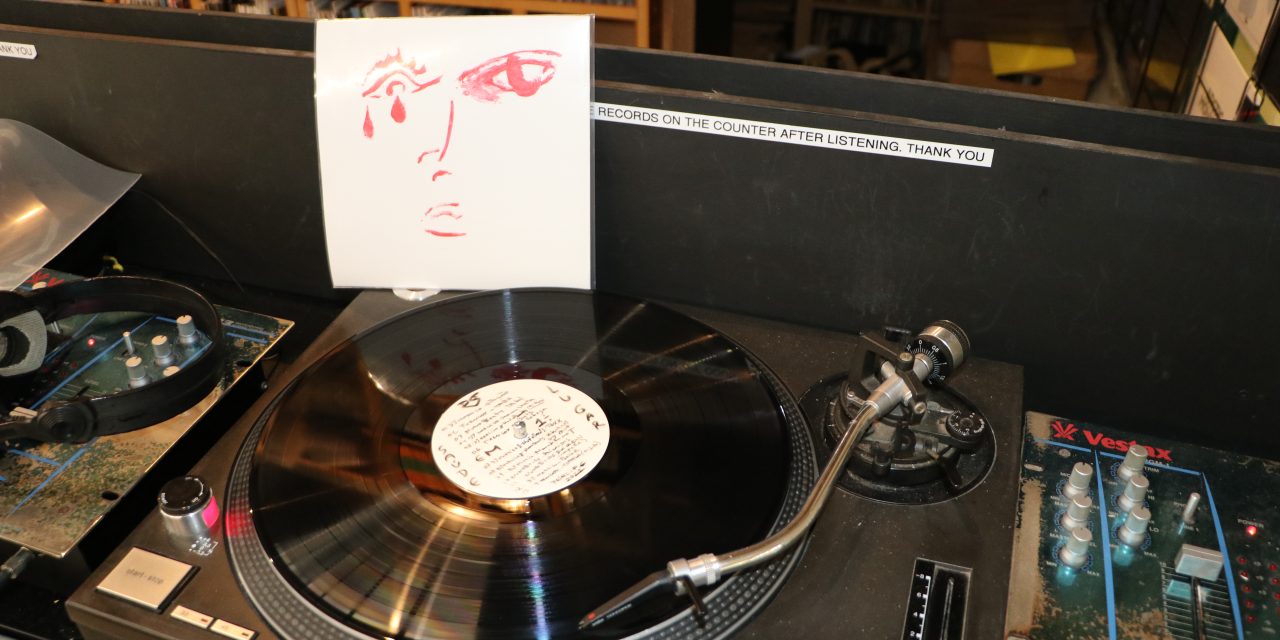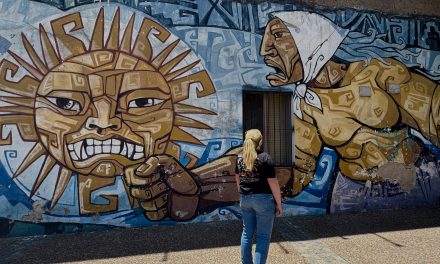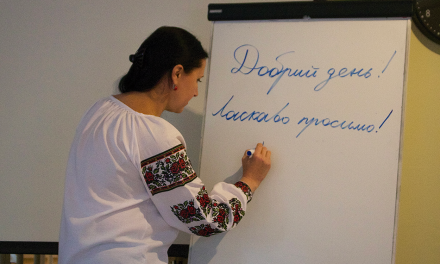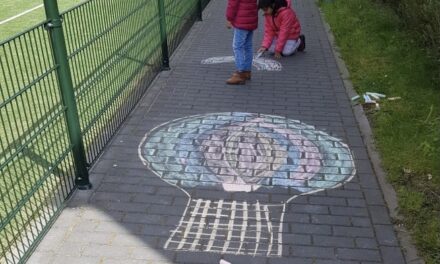“Batidas” a musical fusion coming from post-colonial immigration and Portuguese culture
Music inherently tells a story be it through the lyrics, the bpm or the people that listen to it and often it’s yoked by an artist’s cultural experience of identity. Lisbon’s history of slave trade, revolution, immigration and integration is now harvesting a bespoke musical identity that is bringing DJ’s out of poverty and joy to listeners.
This musical amalgamation of culture is called Batidas music. A Portuguese party music being made primarily be young African-Portuguese people in the greater Lisbon area. However, this party music’s history spawns from a beleaguered history of revolution, immigration and slum living survival before it became the fascinating fusion of sound it is today.
Portugal through the 15th century and until the dawn of the 21st century was a powerful imperial power with many colonies and armies. Dealing in the exploitation and slave trade Portugal occupied places like Cape Verde, Angola and Mozambique as their colonies. But, in 1974 the Portuguese people held what is called the Carnation Revolution whereby they successfully revolted against and disposed of the authoritarian Estado Novo Regime. Following the governments removal, it saw Portugal grant independence to the all the colonies from their old oppressor.

Trailing their new independence many of these aforementioned African colonies struggled and fell into civil war and political unrest as they grapple freedom and self-governance. In this time, it saw a mass exodus of more than a million of not only the Portuguese population but also the Africans of these countries. From here, integrating themselves into the poorer greater Lisbon area and the lesser seen identity of the tourist hotspot.

Rui Miguel Abreu is an acclaimed music journalist, radio-host, DJ and director of Lisbon music magazine Rimas e Bitidas. He began this magazine to investigate and bring light to Portuguese music (especially batidas) that wasn’t attention by mainstream media.
“If you look at various electronic scenes around the world you will notice, very specific scenes are born out of very specific cultural experiences and by that I mean the way people live, what they eat, what religion they profess, how they dress and so on. This true for techno scene in Detroit, hip hop scene in New York, the battle funk scene in Rio De Janeiro built from the urge to make people dance. So to understand what is going on in Lisbon with Batidas you have to understand a little of the history.”
In 1975 you start getting thousands on thousands of African-Portuguese people who lived in the ex-colonies coming to Portugal, mainly to Lisbon to find jobs and to start a new life. “they set themselves in the peripheries in informal neighbourhoods similar to the favelas in Rio De Janeiro”, “built from whatever they could find, any vacant lot would be seen as an opportunity to build a shack and entire families would start building and living there,” says Abreu.
“These kids had a very unique upbringing where at home and at family parties they would be listening to Angolan, Cape Verdean music like kuduro beats and traditional music but at school and in the local Lisbon clubs they go to, they would be opened up to Portuguese music, hip hop, techno. So these kids have as a result, then created a very unique musical language that was the product of that cultural experience.” Batidas music is an identity and it represents the fusion not only of cultures but further it is a product of people marinating in a myriad of symphonic influence throughout their lives and creating a sound from it.
Going back in time, 15th century the world was a far less tolerant place than it is today and black people in many places in the world were being heavily oppressed. However, in a fascinating parallel to today, it also saw Vicente Lusitano, who became the first ever acknowledged and published black composer. An ordained priest, Lusitano was called the ‘pardo’ a term of the time meaning of black mixed race, believed to be of a white father and black mother. Seen then as an abominable fusion between white and black races, it is interesting to see the worlds tolerance change to see this scene of batidas, a fusion of cultures and sounds to become to celebrated. Adding further fire to this story, this first ever acknowledged black artist was also from Portugal.
 Two of the biggest examples ofartists coming out Lisbon’s peripheries is the band Buraka Som Sistema and DJ Marfox. The two have blazed a trail for people of any area of Lisbon; be it rich or poor, any background; white, black, mixed after these artists people knew a career and success in the music world was possible. Similar to the music itself, Buraka and Marfox captured the imaginations of the Lisbon people both in their identities of their background/race but also in what would become an all new sound. These two differ in some sense, Buraka has took a commercial study to what works and have become internationally popular, where Marfox would be said to have ‘kept it real’ is known to all the Lisbon kids in the street who scream out his name. This being a poignant strategic representation of the two main record labels in the scene Enchufada with Buraka and Principe with DJ Marfox.
Two of the biggest examples ofartists coming out Lisbon’s peripheries is the band Buraka Som Sistema and DJ Marfox. The two have blazed a trail for people of any area of Lisbon; be it rich or poor, any background; white, black, mixed after these artists people knew a career and success in the music world was possible. Similar to the music itself, Buraka and Marfox captured the imaginations of the Lisbon people both in their identities of their background/race but also in what would become an all new sound. These two differ in some sense, Buraka has took a commercial study to what works and have become internationally popular, where Marfox would be said to have ‘kept it real’ is known to all the Lisbon kids in the street who scream out his name. This being a poignant strategic representation of the two main record labels in the scene Enchufada with Buraka and Principe with DJ Marfox.
Co-Founder of Lisbon’s preeminent record label Principe Discos, Jose Moura, says the batidas music is beautiful for all the hurdles it has jumped for the current to success to come to fruition. And yet, “Its never been political” says Moura.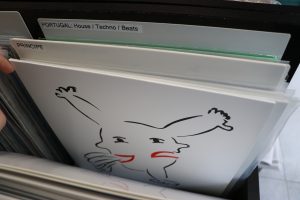
This music shows its beauty in that these DJ’s are coming from the Lisbon slums “but batidas is just to party and to dance”, “to get political we have artists rapping but this is to feel good”. DJ Marfox was a trailblazer in the scene but Moura emphasizes how special it is to see so many like DJ Nigga Fox, DJ Lycox, DJ Danifox continuing to succeed and unintentionally become role models
“These kids are coming for the peripheries of Lisbon’s, poor and dangerous neighbourhoods. Where for many crime looks like the only or easy option. Now kids a making themselves a career in music”.
And as aforementioned, this isn’t like rap music which critics often say can glorify crime or normalise it, this music it grabbing hold of the hips of Lisbonetas and showing them a new way to party. This music ultimately producing not only a beautiful sound but also a positive outlet, career and group of role models for children in these rough neighbourhoods to look to for their future.
